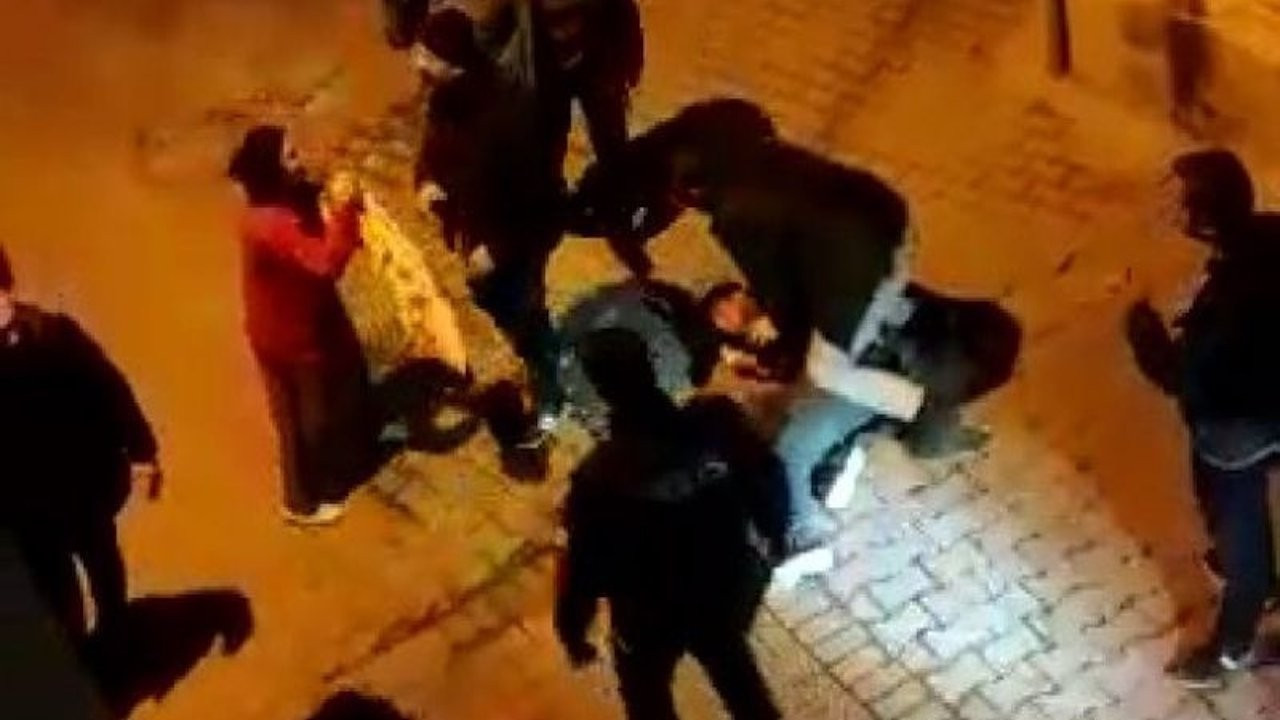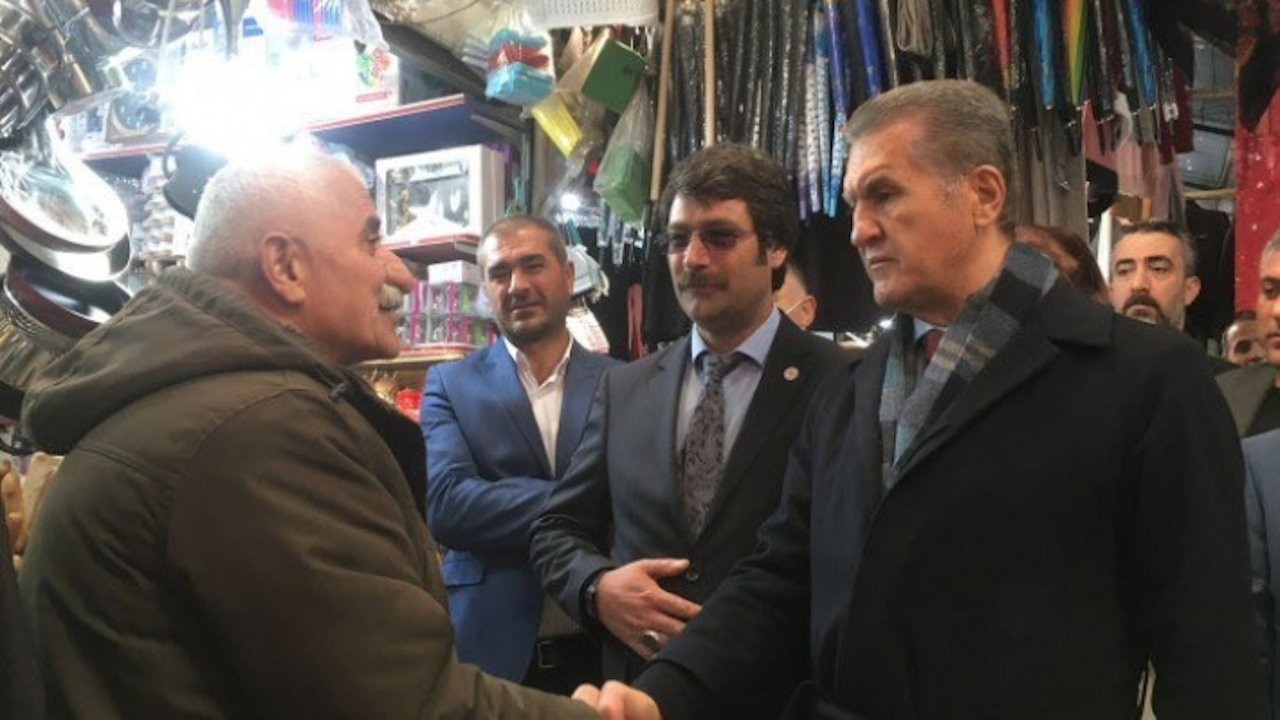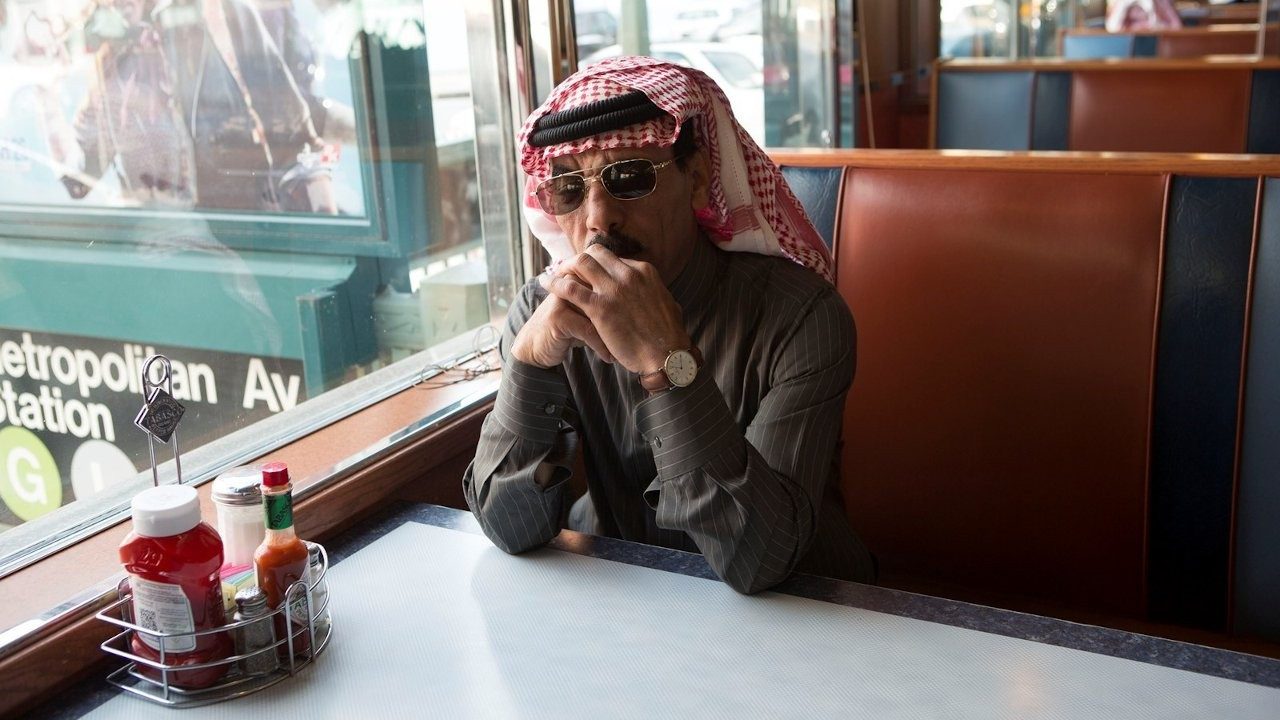Four Turkish police officers sentenced for extorting hundreds of thousands from terrorism suspects
In the southern Turkish province of Antalya, four anti-terrorism police officers have been sentenced to prison for demanding hundreds of thousands of Turkish Liras from people being investigated for alleged links to terrorism.
Duar English
Four anti-terrorism police officers have been sentenced to prison in the southern Turkish city of Alanya, in Antalya, for extorting suspects they were investigating for alleged links to terrorism. According to reporting by Deutsche Welle, the officers would demand hundreds of thousands of Turkish Liras in return for obstructing investigations.
The four officers, one of whom was the commissioner of the Anti-Terrorism Unit (TEM), would call people accused of “being members of the Kurdistan Workers Party (PKK),” which the government considers a terrorist organization, who they suspected were financially solvent.
They would request bribes in return for “not delivering evidence to the prosecutor.” Court files have revealed that the officers received a BMW worth 250,000 liras from a family of craftspeople, 250,000 liras in cash from another family in the same profession, and 40,000 liras from a shopkeeper whose brother was imprisoned.
The police officers were caught when one shopkeeper recorded the phone call he received from the officers and delivered it to the local prosecutor. The officers have been on trial since June 8, 2020.
During the final hearing of the trial, held on Nov. 24, the officers said they were “slandered, a plot was set up.”
Officer Eyüp Gedik was sentenced to a total of 16 years and 11 months in prison for “extortion by coercion” and “qualified embezzlement.” Officers Kaan Özcivelek, İsmail Aytaç, and Fatih Mehmet Tursun were each sentenced to 8 years and four months in prison for “extortion by coercion.”
The trial of Alanya Police Chief Alper Avcı, who was being charged with “neglect of duty” for failing to stop the extortion, was separated and stayed. Prosecutors said that they had to apply to the Interior Ministry for permission to investigate him for embezzlement.
Charges of terrorism have been a widespread means of silencing dissent in President Recep Tayyip Erdoğan’s Turkey, especially in the five years since the coup attempt of July 2016.
Journalists, politicians, and prominent opposition figures have been investigated, charged, and imprisoned for alleged links to the PKK. As such, anti-terrorism police units have gained immense power and purview.

 Disturbing footage emerges of Turkish police beating man when detaining himHuman Rights
Disturbing footage emerges of Turkish police beating man when detaining himHuman Rights Kurdish man detained after calling Turkey's southeast 'Kurdistan'Human Rights
Kurdish man detained after calling Turkey's southeast 'Kurdistan'Human Rights Turkey detains Syrian singer Omar Souleyman over PKK membershipDomestic
Turkey detains Syrian singer Omar Souleyman over PKK membershipDomestic